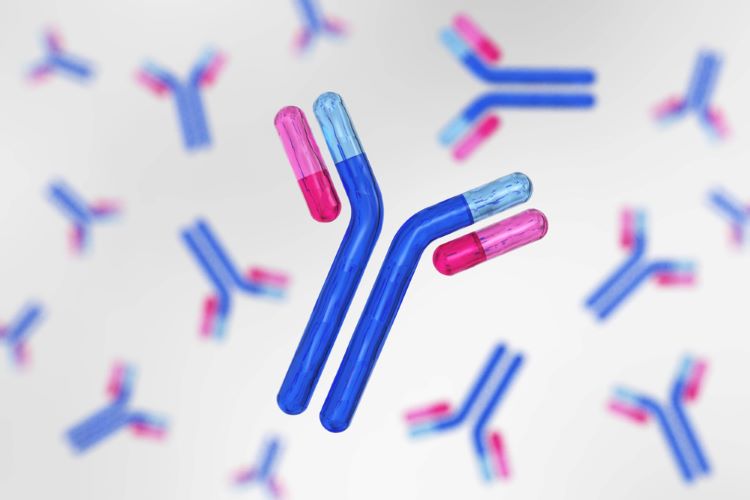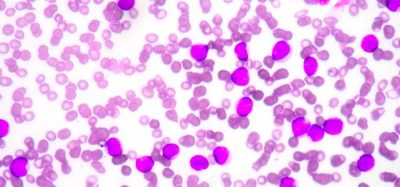How will automation shape deviation management in continuous bioprocessing?
Posted: 7 February 2024 | Catherine Eckford (European Pharmaceutical Review) | No comments yet
A paper has proposed how advanced manufacturing process technologies such as integrated continuous bioprocesses (ICB) could impact the future of deviation detection and control.


A paper published in Biotechnology Progress has explored real-time deviation management for integrated continuous bioprocesses and highlighted the role of automation.
The discussion was based on a case study produced by the National Institute for Innovation in Manufacturing Biopharmaceuticals (NIIMBL). Specifically, the case study discussed a control strategy in the context of integrated continuous bioprocesses (ICB) for monoclonal antibodies (mAbs).
The authors summarised that a “truly effective process analytical technology (PAT) strategy requires the seamless interplay of reliable in-line sensors and instruments to enable real-time measurements and establishment of a robust digital environment to securely manage the flux of data generated.”
Creating opportunities to apply advanced technologies
The authors shared that they expected the quality management system (QMS) for integrated continuous bioprocesses to develop to accommodate multi-variate design space for detection and management of deviations. As such they envisioned “sophisticated ways of linking data supporting criticality assessments such that it can be readily and quickly retrieved”.
As design spaces evolve, the authors suggested that alarm systems, batch record, and QMS may be required to access computational tools. This could consequently create opportunities for artificial intelligence (AI) applications.
In the realm of process control, the authors theorised that to begin with, AI/ machine learning will be used “in deviation detection and advanced warning, beyond existing process monitoring, and through comprehensive monitoring of multiple factors”. The paper elaborated, highlighting factors such as bioburden and personnel movement within the site.
Automation in bioprocess applications
Integrating the technology for efficient decision making
eventually automation may evolve over the next decade to allow for adaptive control or even perform batch release without relying on human operators as computing power increases and leads to better scenario analysis, risk mitigation, and decision making”
As the pace of processing increases, the paper remarked that in an integrated continuous bioprocess for example, “the pace of the process will require faster decisions”.
Looking further ahead, the authors anticipated that eventually, “automation may evolve over the next decade to allow for adaptive control or even perform batch release without relying on human operators as computing power increases and leads to better scenario analysis, risk mitigation, and decision making.”
Using artificial intelligence or machine learning to quickly evaluate the data collected using multivariate models and make automated recommendations to either divert or forward process becomes an appealing “first step” toward fully automated process control, the paper suggested.
The paper stated that in turn, these automated decision support tools “could integrate deviation signals from non-conforming CPPs, supportive information about conforming CPPs” as well as design space knowledge to recommended immediate steps.
However for now, Grampp et al. concluded that the advanced control strategies mentioned in the paper may be looking too far in the future when considering systematic implementation. Therefore, these strategies “could require advancing the analytical technologies beyond what is currently available”.
Related topics
Biologics, Biopharmaceuticals, Bioprocessing, Bioproduction, Biosensors, Continuous Manufacturing, Drug Manufacturing, Industry Insight, Manufacturing, Process Analytical Technologies (PAT), Production, Technology
Related organisations
The National Institute for Innovation in Manufacturing Biopharmaceuticals (NIIMBL)









